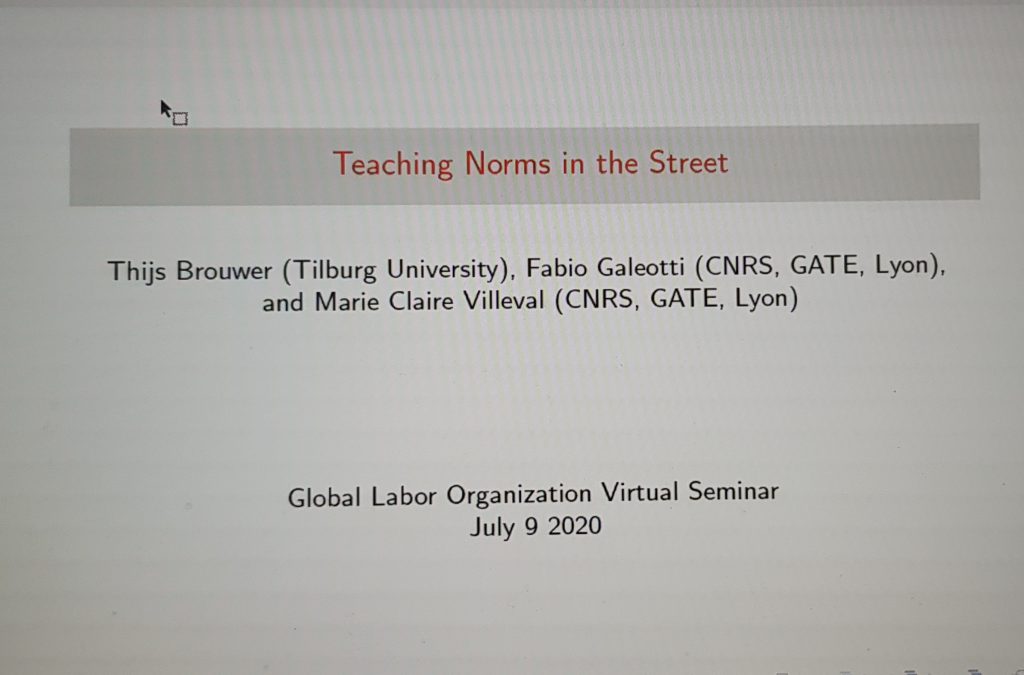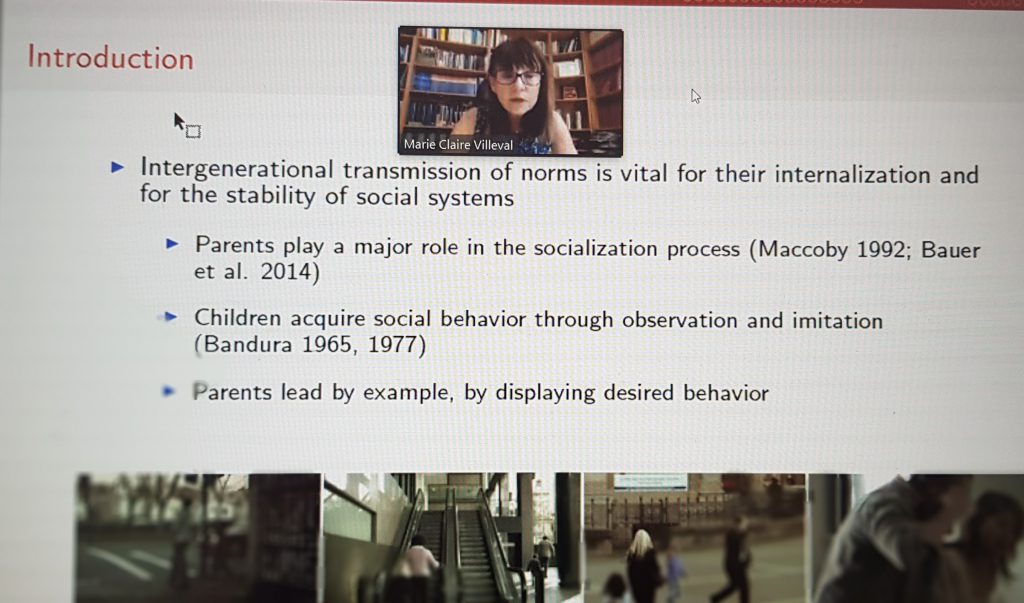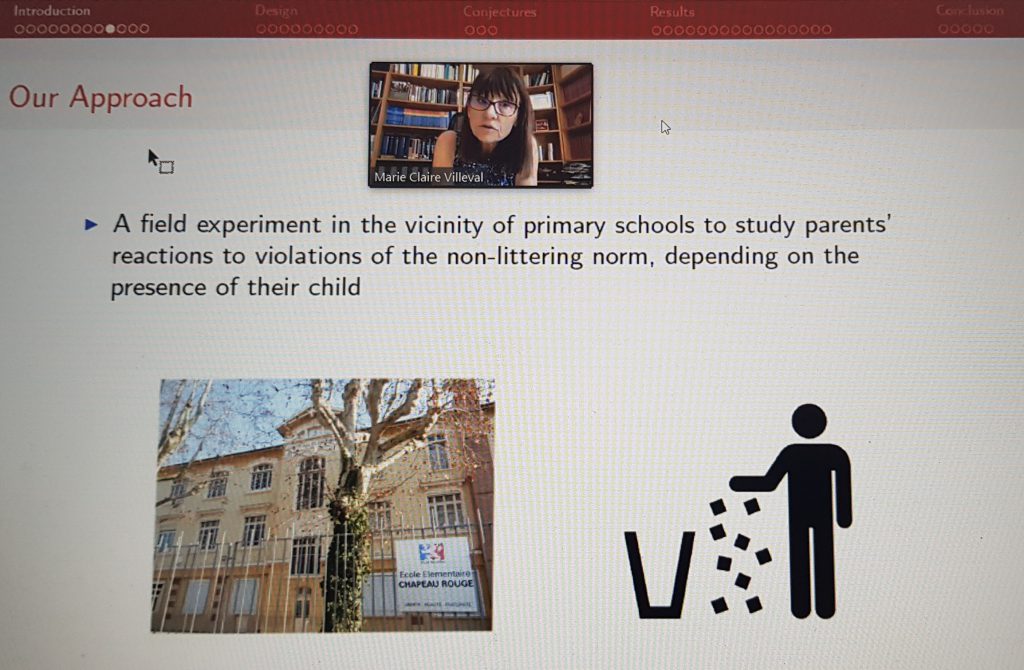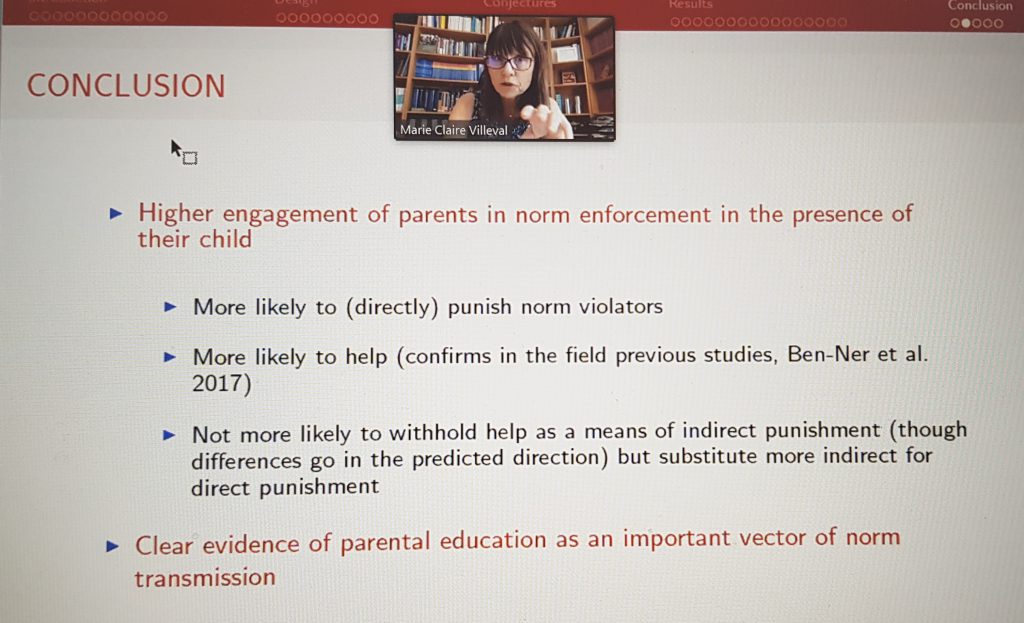A new GLO Discussion Paper finds that the contribution of childhood circumstances to health inequality is larger in the USA than in China for self-rated health, mental health, and physical health.
The Global Labor Organization (GLO) is an independent, non-partisan and non-governmental organization that functions as an international network and virtual platform to stimulate global research, debate and collaboration.
GLO Discussion Paper No. 594, 2020
Childhood Circumstances and Health Inequality in Old Age: Comparative Evidence from China and the United States – Download PDF
by Chen, Xi & Yan, Binjian & Gill, Thomas M.
GLO Fellow Xi Chen

Author Abstract: This paper estimates the extent to which childhood circumstances contribute to health inequality in old age and evaluates the importance of major domains of childhood circumstances to health inequalities in the USA and China. We link two waves of the China Health and Retirement Longitudinal Study (CHARLS) in 2013 and 2015 with the newly released 2014 Life History Survey (LHS), and two waves of the Health and Retirement Study (HRS) in 2014 and 2016 with the newly released 2015 Life History Mail Survey (LHMS) in the USA, to quantify health inequality due to childhood circumstances for which they have little control. Using the Shapley value decomposition approach, we show that childhood circumstances may explain 7-16 percent and 14-30 percent of health inequality in old age in China and the USA, respectively. Specifically, the contribution of childhood circumstances to health inequality is larger in the USA than in China for self-rated health, mental health, and physical health. Examining domains of childhood circumstance, regional and rural/urban status contribute more to health inequality in China, while family socioeconomic status (SES) contributes more to health inequality in the USA. Our findings support the value of a life course approach in identifying the key determinants of health in old age. Distinguishing sources of health inequality and rectifying inequality due to early childhood circumstances should be the basis of policy promoting health equity.
GLO Discussion Papers are research and policy papers of the GLO Network which are widely circulated to encourage discussion. Provided in cooperation with EconStor, a service of the ZBW – Leibniz Information Centre for Economics, GLO Discussion Papers are among others listed in RePEc (see IDEAS, EconPapers). Complete list of all GLO DPs – downloadable for free.

Ends;
























